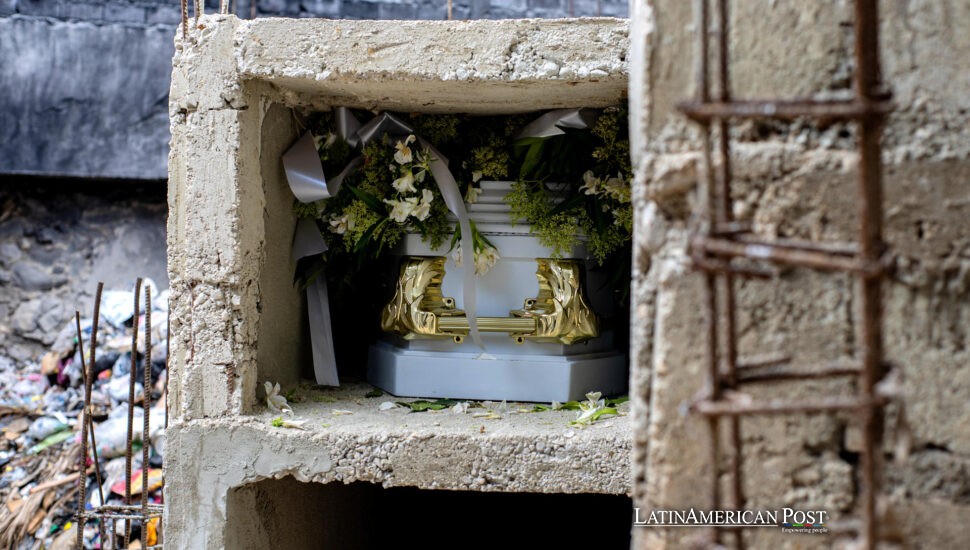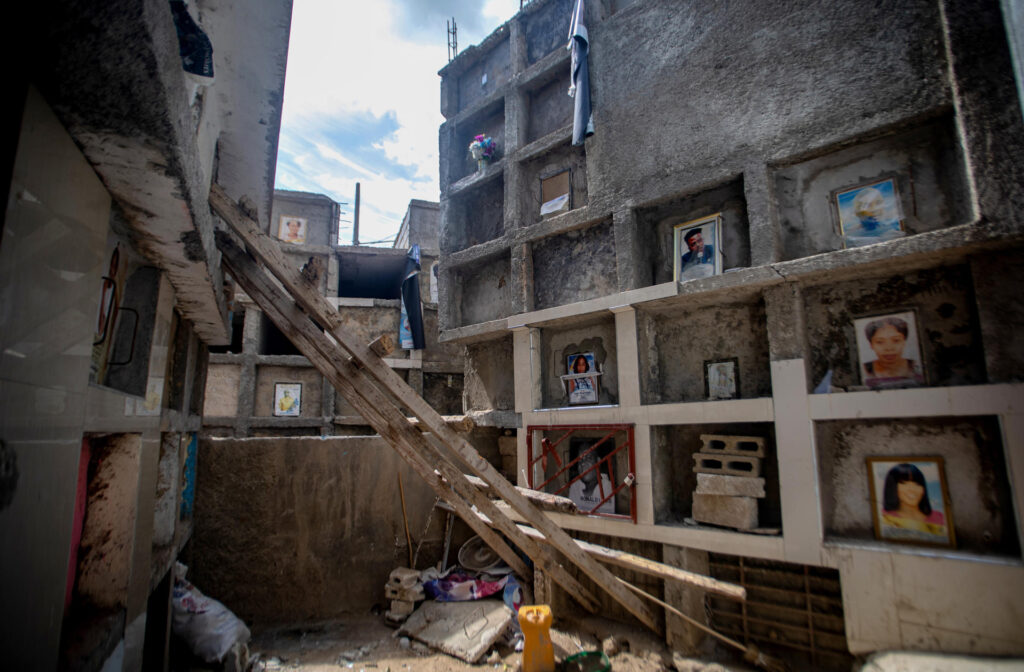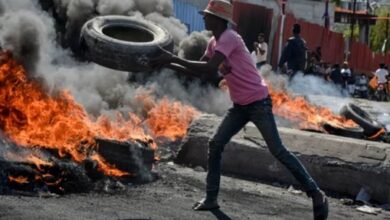Haiti’s Cemeteries Under Siege: How Gangs Turn Grief into a Ransom Economy

The dead no longer rest in peace in Port-au-Prince. Families now bargain with armed men for burial rights, pay illegal tolls on funeral routes, and compress centuries-old rituals into minutes—all under the gaze of gangs who hold the gates.
Death Rites Under Siege
What was once a public act of remembrance has been reduced to a perilous negotiation. On Rue de l’Enterrement—Port-au-Prince’s historic funeral row—parlors sit shuttered, hearses gone, the street’s name now bitterly ironic. Only the occasional ambulance dares slip through side streets to avoid gang lookouts.
“We are witnessing the death of death,” anthropologist Jean Wilner Jacques, an expert in Caribbean funerary traditions, told EFE. By his measure, the shared ceremonies that gave meaning to loss have been dismantled. Fear dictates who can mourn and when. Where hymns once rolled down the boulevard, now there’s only a whisper over the phone to arrange safe passage.
The Price of a Funeral
Since armed groups seized historic cemeteries in 2024, burials have happened only with their consent. Even the Grand Cemetery—founded more than two centuries ago—is under their control.
“Since February 2024, we haven’t been able to work normally. Armed attacks destroyed our offices,” said the manager of a funeral home on Rue Fleury Battier, speaking anonymously to EFE. “The city no longer charges fees. Everything goes to the gangs—up to 2,000 gourdes (about $15) to bring in the body.”
The processions, music, and gathering of neighbors are gone. “Only two people can accompany the coffin. Anything more is too dangerous,” the manager said.
For Mireille, 52, her mother’s burial in January 2025 cost 50,000 gourdes (roughly $318) for access to the cemetery—and another 15,000 gourdes ($114) in bribes at roadblocks along the way. “It is not only an expression of state collapse,” sociologist Erika Louvert told EFE. “It changes how families relate to their dead. Mourning has gone underground.”
The Cold Silence of Morgues
The collapse of order reaches deep into the morgues. Without steady electricity, refrigeration fails and bodies decompose within hours. Unclaimed remains pile up—not just because relatives can’t afford coffins, but because many have been driven from their homes.
“There are cadavers here for more than three months. No one comes because they can’t pay,” said Joseph Bernard, who runs a funeral home in Croix-des-Bouquets, in an interview with EFE. In makeshift storage, corpses lie under emergency thermal blankets, shipping containers serve as holding rooms, and open garage bays double as mortuaries.
The public health risk is mounting. Doctors warn of disease outbreaks if bodies continue to go unburied. Meanwhile, the broader context is grim: attacks on civilians have risen 24% since December 2024; gang violence has spread beyond the capital to Centre and Artibonite; displacement has surged 80% in the north. The United Nations counted over 4,000 homicides in the first half of this year alone, while 1.3 million Haitians—six times more than in 2022—are now displaced. In such a climate, even grief has become another casualty.

Between Resistance and Negotiation
In this new reality, even the shortest burial is an exercise in logistics and risk. Families quietly map routes to avoid ambushes, hold dawn services, and rely on funeral directors to text “safe hours” for moving a body.
“To bury someone, you have to call the gang that controls the cemetery first,” the funeral manager told EFE. Paying doesn’t guarantee safety, but it buys a narrow window—enough for a prayer, a handful of earth, a whispered hymn.
Some customs cling on in smaller forms: a bit of dirt from the family yard tucked into the coffin, a white ribbon on a mourner’s wrist, the promise to return when it’s safe to hold a whole ceremony. That promise is both rebellion and hope—that Rue de l’Enterrement will reopen, that cemeteries will again be spaces of memory rather than extortion.
Also Read: Colombia and Peru Navigate Rising Tensions Over a Shifting Amazon Island
For now, Haitians bury their dead in secrecy, negotiating each step with men who treat mourning as a commodity. “Mourning has gone clandestine,” Louvert said. Yet in those brief, fragile moments between payment and burial, there remains a quiet insistence on dignity—the one thing no armed man can put a price on.





